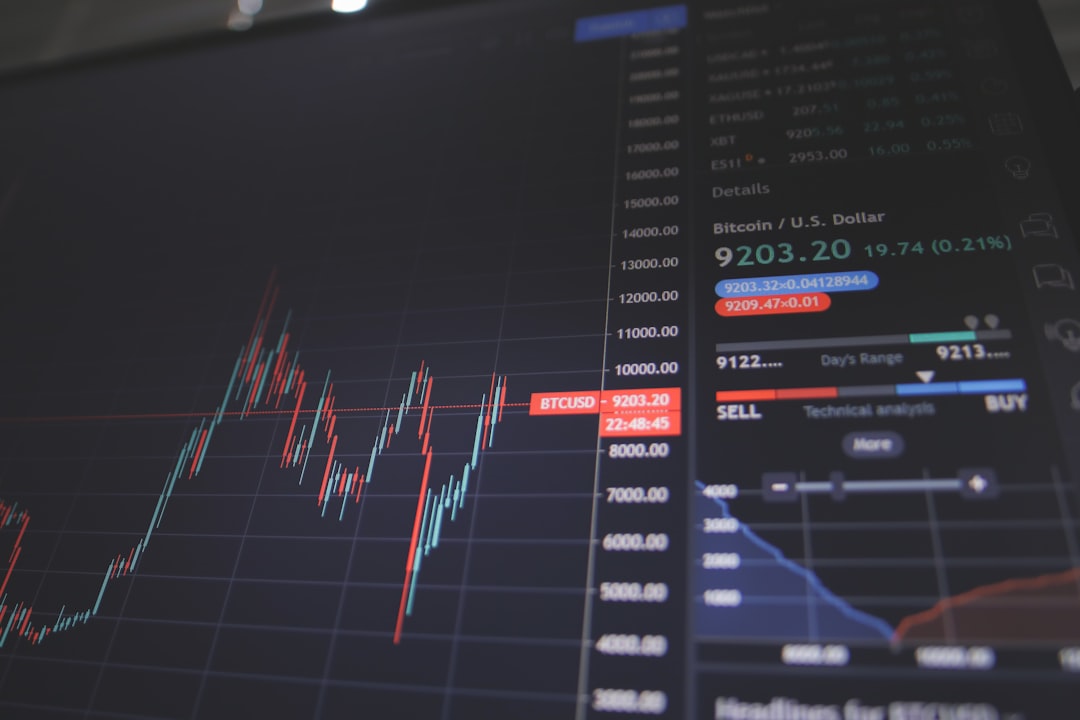MSCI’s global equities index edged lower on Tuesday, retreating from a record high, while U.S. Treasury yields rose to a one-month peak following hotter-than-expected consumer inflation data. Wall Street posted mixed results, with tech holding firm and financials dragging broader indexes lower.
Inflation Reflects Early Tariff Pressures
June’s Consumer Price Index (CPI) rose 0.3%, the highest month-on-month increase since January, led by price hikes in essentials like coffee, electronics, and furnishings. Analysts widely attributed the jump to the Trump administration’s import tariffs, which are beginning to seep into consumer-level pricing.
“There’s no question tariffs are leaking into the data,” said Brent Schutte, CIO at Northwestern Mutual Wealth. “The more tariffs added, the more pronounced the inflationary risk.”
Despite this, Fed officials remain cautious. Boston Fed President Susan Collins reiterated on Tuesday that the central bank is not rushing into policy changes, despite clear tariff-induced pressures.
Markets React: Tech Climbs, Financials Lag
-
Dow Jones fell 436 points (-0.98%)
-
S&P 500 dropped 0.40% to 6,243.76
-
Nasdaq rose 0.18% to 20,677.80, lifted by chip stocks
Leading the gains was Nvidia (NASDAQ:NVDA), which surged 4% after announcing it would resume sales of its H20 AI chips in China.
For investors tracking how companies are coping with these macro forces, the Earnings Calendar API provides forward-looking visibility into corporate earnings dates and potential tariff-linked commentary in calls.
What to Watch Next
-
Producer Price Index (PPI) – Wednesday
-
Retail Sales Data – Thursday
These datasets may offer further clarity on how deep tariff effects run—especially in input costs and end consumer demand.
With a potential rate cut still priced at ~60% for September, markets are walking a tightrope between inflation risk and Fed policy optimism.




